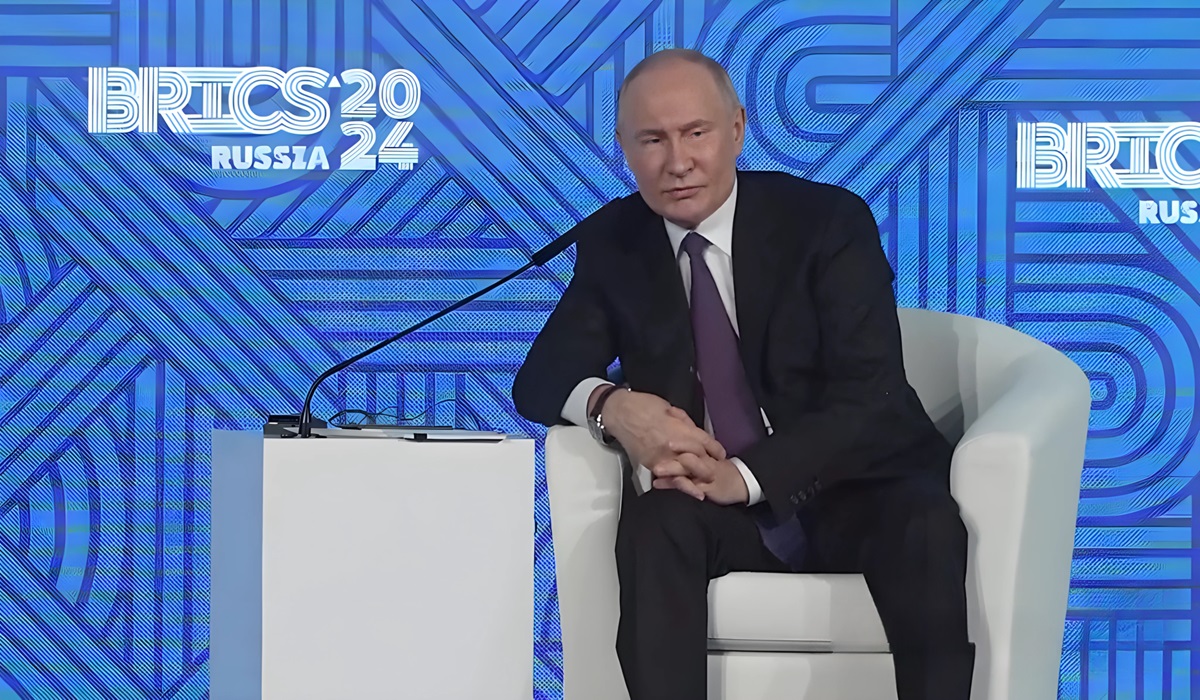The BRICS Summit 2024, kicked off in Kazan, Russia from October 22 to 24, has emerged as a critical event on the global stage, with leaders from the bloc’s newly expanded group gathering to tackle some of the world’s most pressing challenges. This year’s summit is especially significant as it marks the first official gathering since BRICS welcomed Egypt, Ethiopia, Iran, Saudi Arabia, and the United Arab Emirates into its ranks, joining the original five nations: Brazil, Russia, India, China, and South Africa. The inclusion of these new members signals a profound shift in the international balance of power, as BRICS continues to position itself as a counterweight to Western-dominated institutions such as the G7 and the IMF.
Over 100 nations attended this year’s summit, with more than 30 formally applying for membership, including Mexico, Pakistan, Nigeria, Senegal, Türkiye, and Nicaragua. The growing interest reflects the global community’s recognition of BRICS as an increasingly influential coalition, particularly in light of its control over vast natural resources and trade routes. With the inclusion of oil-rich nations like Saudi Arabia and the UAE, the bloc is set to exert even greater influence over global energy markets, raising concerns among traditional Western powers about the shifting geopolitical landscape.
The expansion of BRICS brings not only symbolic significance but also practical implications for international trade and economic cooperation. Discussions at this year’s summit are expected to focus heavily on enhancing intra-BRICS trade and the creation of new mechanisms for economic collaboration, such as the much-anticipated rollout of a BRICS currency and BRICS Pay, a digital payment system aimed at bypassing traditional Western financial networks. This move toward alternative financial structures marks an important step in the bloc’s goal to reduce reliance on the US dollar and other Western-dominated currencies for international trade settlements, which could fundamentally alter global financial flows.
With Russia presiding over the summit this year, President Vladimir Putin is expected to push forward initiatives that emphasize the growing importance of a multipolar world. Russia’s role in spearheading the launch of a BRICS currency is seen as a direct challenge to the dominance of the US dollar in global markets, particularly amid ongoing sanctions and economic isolation efforts imposed by the West on Moscow. As discussions progress, the bloc’s plans to integrate digital currencies and payment systems among member states could further solidify their economic autonomy, reducing their vulnerability to external pressures.
This year’s summit comes at a time when the world is grappling with unprecedented challenges—climate change, economic instability, and escalating geopolitical tensions. The outcomes of the BRICS Summit in Kazan could have far-reaching consequences, not just for the member states but for global governance at large. By consolidating their resources, the BRICS nations are sending a clear message: the world is shifting toward a more multipolar order, where influence is no longer concentrated in the hands of a few Western powers.
As African nations increasingly align with BRICS, the bloc’s expansion into the continent is particularly noteworthy. With nations like Ethiopia and Egypt joining, BRICS now has a more robust presence in Africa, further solidifying its influence in global discussions on natural resources and development. The potential inclusion of other African countries like Nigeria and Senegal would only expand the bloc’s economic reach, offering developing nations an alternative path for cooperation and investment outside of Western-dominated frameworks.
The Kazan Summit represents a defining moment for BRICS, as it embraces its expanded membership and cements its role in reshaping global politics and economics. By promoting a vision of cooperation that transcends traditional geopolitical alliances, BRICS is poised to play an increasingly central role in determining the future of international relations in a rapidly changing world.









